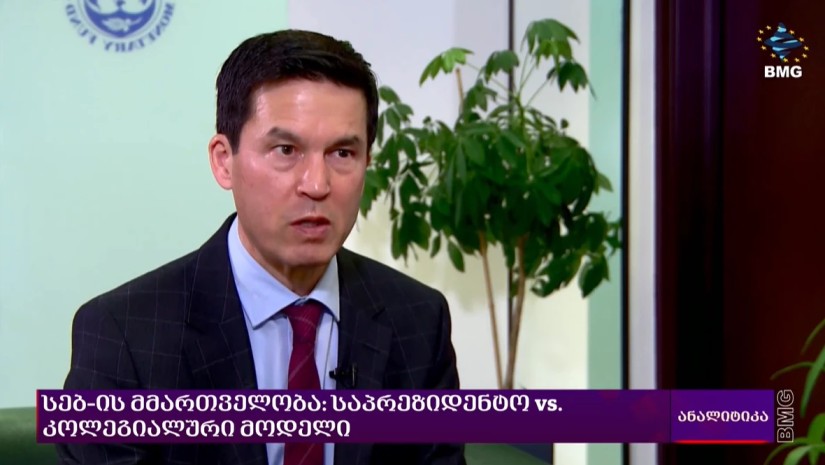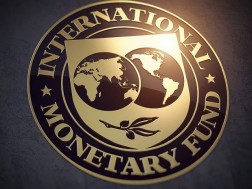Andrew Jewell, Resident Representative for Georgia at International Monetary Fund decalres, that banks should not face a situation of ambiguity regarding their legal and compliance obligations, and should be clearly able to assess the implications of these obligations for their operations.
The National Bank of Georgia on Wednesday highlighted its “systematic supervision” of implementation of international sanctions, as well as the enforcement of compliance to its own regulations and national legislation by individual participants of the domestic financial sector.
The NBG also noted sanctions would apply to Georgian citizens when legally binding guilty verdicts were issued by the country's courts on the basis of imposed sanctions.
The central bank emphasised that Georgia was operating in full compliance with the requirements stipulated by sanctions and asserted that the country had “never been and will never become a place to evade sanctions”.
“As we have said before, under its mandate IMF staff does not assess compliance with international sanctions and staff may not advise the authorities on whether to comply or not with international sanctions. We of course may assess the macroeconomic and financial implications of sanctions’ compliance or non-compliance and advise countries to take measures to mitigate the risks. In this context, in order to ensure that financial stability is protected, banks should not face a situation of ambiguity regarding their legal and compliance obligations, and should be clearly able to assess the implications of these obligations for their operations”, - Andrew Jewell, Resident Representative for Georgia at International Monetary Fund said.
On September 16 U.S. Department of the Treasury sanctioned two Georgian officials- Head of MIA’s Special Task Department Zviad Kharazishvili (Khareba) and his deputy Mileri Lagazauri as well as two others- Konstantine Morgoshia and Zurab Makharadze, both radical right-wing figures associated with the violent Alt-info movement, for “serious human rights abuses” for their role in brutal crackdowns on anti-foreign agent protesters” and for “violent attacks on Georgians exercising their freedom of peaceful assembly.” The U.S. State Department also imposed visa restrictions on more than 60 Georgian individuals and their family members “responsible for, or complicit in, undermining democracy in Georgia.”























